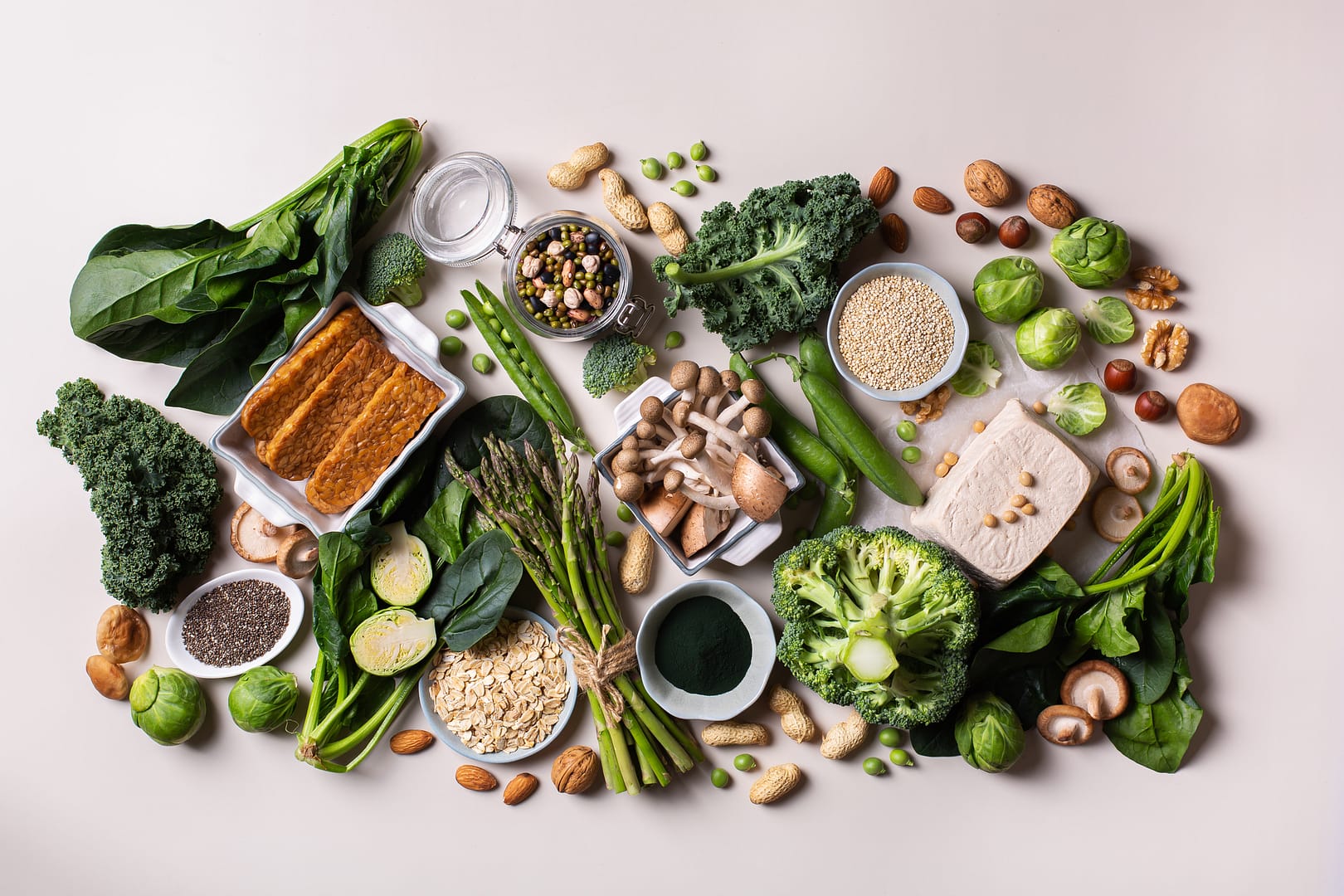Celiac disease: What is it and what can you do if you have it?
Celiac disease is a disorder where your body reacts badly when exposed to a food protein called “gluten”.
Gluten actually becomes like a poison to people who have this disease. Symptoms can be multiple and while usually involving the gut (intestinal tract), can often involve other body  systems like your skin or joints.
systems like your skin or joints.
Celiac disease can develop at any time in your life. The incidence of this disease is about 1 in 133 and has a very strong genetic component.
Exposure to gluten causes the body to attack the small intestine. This causes inflammation and pain and diarrhea and can lead to malabsorption of nutrients and unwanted weight loss. Blood tests called anti-TTG (anti-tissue transglutaminase) antibody and an endomysial antibody can determine if you have this disease. Also, a biopsy of your intestine can also help make the diagnosis.
The only treatment for this disorder is complete avoidance the protein gluten and another protein called gliadin. Both proteins are found in wheat, barley, and rye. Trace amounts may also be found in oats that have been processed in factories that processed gluten, but oats themselves do not have any gluten. Oats do, however, have proteins in them called avinens, and a very small percentage of celiac patients (less than 1%) do not tolerate avinens. More info about this disorder is found at www.cureceliacdisease.org and www.celiac.com.
Gluten and gliadin sensitivity or intolerance is a different problem that does not produce detectable antibody changes. It is much more common than celiac disease. The symptoms can range from bowel complaints, joint and muscle pains, headaches, fatigue, lethargy, eczema, brain fog and others.
 There is no reliable or proven test (electrodermal testing may prove to be an exception) to see if you are sensitive to gluten or gliadin other than complete avoidance for a period of time to see if any symptoms improve. The duration of avoidance may have to be for as long as a month or two to really see a difference. Unlike most celiac patients, gluten-sensitive people can often tolerate small infrequent exposures to gluten.
There is no reliable or proven test (electrodermal testing may prove to be an exception) to see if you are sensitive to gluten or gliadin other than complete avoidance for a period of time to see if any symptoms improve. The duration of avoidance may have to be for as long as a month or two to really see a difference. Unlike most celiac patients, gluten-sensitive people can often tolerate small infrequent exposures to gluten.
In addition to avoiding gluten and gliadin, I also usually recommend avoidance of all dairy as well, since gluten/gliadin and dairy are, in my opinion, the two most common food sensitivities. Even though avoidance of these is hard sometimes, the rewards can well be worth it!





